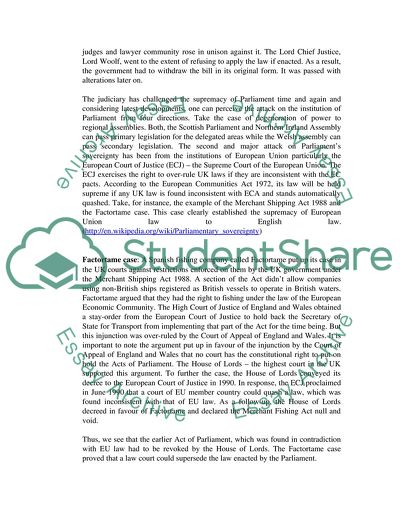Cite this document
(The Relationship of the English Courts to the Doctrine of Term Paper - 1, n.d.)
The Relationship of the English Courts to the Doctrine of Term Paper - 1. Retrieved from https://studentshare.org/law/1536971-constitutional-law
The Relationship of the English Courts to the Doctrine of Term Paper - 1. Retrieved from https://studentshare.org/law/1536971-constitutional-law
(The Relationship of the English Courts to the Doctrine of Term Paper - 1)
The Relationship of the English Courts to the Doctrine of Term Paper - 1. https://studentshare.org/law/1536971-constitutional-law.
The Relationship of the English Courts to the Doctrine of Term Paper - 1. https://studentshare.org/law/1536971-constitutional-law.
“The Relationship of the English Courts to the Doctrine of Term Paper - 1”, n.d. https://studentshare.org/law/1536971-constitutional-law.


